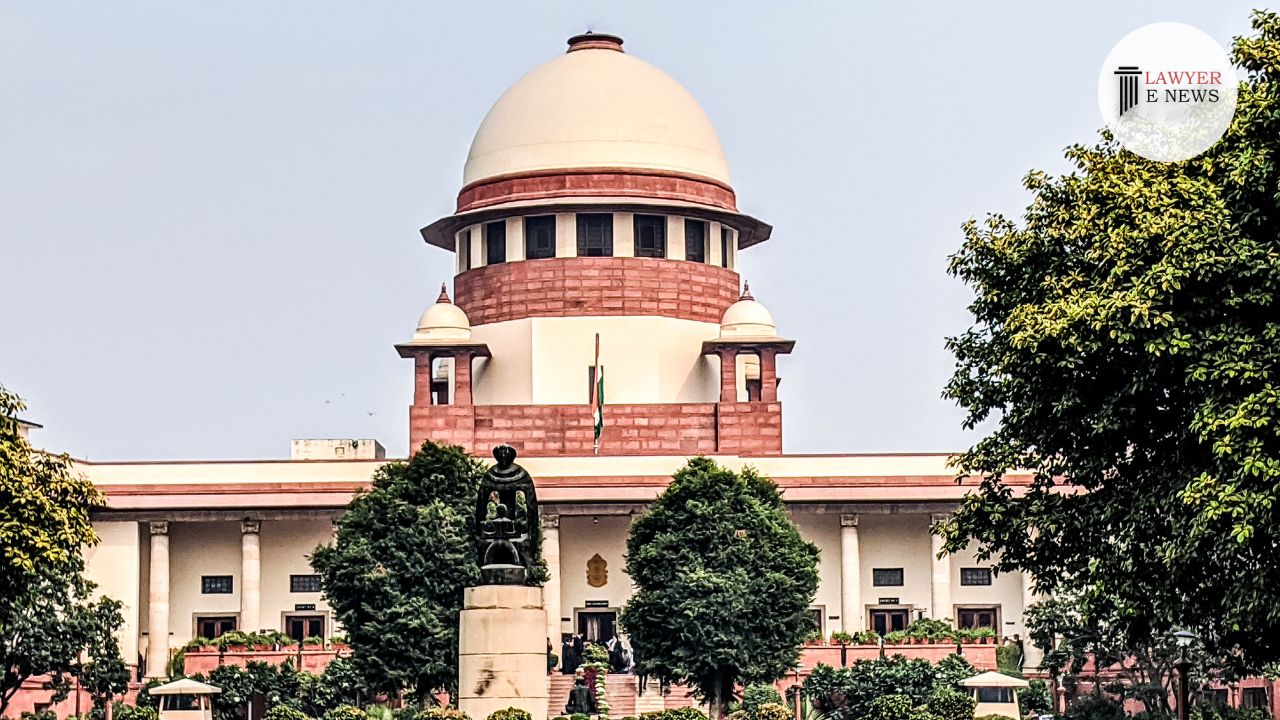-
by Admin
15 February 2026 5:01 PM



In a significant ruling, the Supreme Court of India has quashed the FIR lodged in Arunachal Pradesh concerning a property transaction dispute originally occurring in Rajasthan. Justices Vikram Nath and K.V. Viswanathan emphasized that the dispute was “purely civil in nature,” critiquing the misuse of criminal proceedings in this context.
The apex court addressed critical legal points surrounding territorial jurisdiction and the nature of the dispute. It held that the State of Arunachal Pradesh lacked jurisdiction as the alleged cheating and conspiracy occurred entirely in Rajasthan, involving parties and properties located there.
The case arose from a FIR alleging that the respondents, involved in a financial transaction for a property purchase, had cheated the complainant. The Gauhati High Court had initially upheld the FIR, while the Rajasthan High Court quashed it on jurisdictional grounds. The Supreme Court was tasked with resolving these conflicting decisions.
Territorial Jurisdiction: The Supreme Court found that the entire transaction and the subsequent dispute were centered in Rajasthan, establishing that Arunachal Pradesh courts were improperly used for filing the FIR.
Nature of the Dispute: The Court noted that the matter involved financial transactions meant for land purchase, which did not materialize as expected. It classified the issue as civil rather than criminal, stating, “It could not be said to be a case of cheating.”
Misuse of Legal Process: Highlighting the misuse of criminal justice processes, the Court criticized the lodging of the FIR for a matter that should have been pursued through civil litigation. The decision referenced the principles laid down in the landmark State of Haryana vs. Bhajan Lal case, which discourages criminal prosecution in purely civil disputes.
The Supreme Court allowed the appeal by Chandra Mohan Badaya, quashing the FIR and all related criminal proceedings. It dismissed the appeals by the State of Arunachal Pradesh, affirming the Rajasthan High Court’s decision to quash the proceedings due to lack of jurisdiction.
Date of Decision: April 18, 2024.
Chandra Mohan Badaya vs. The State of Arunachal Pradesh & Ors.,
